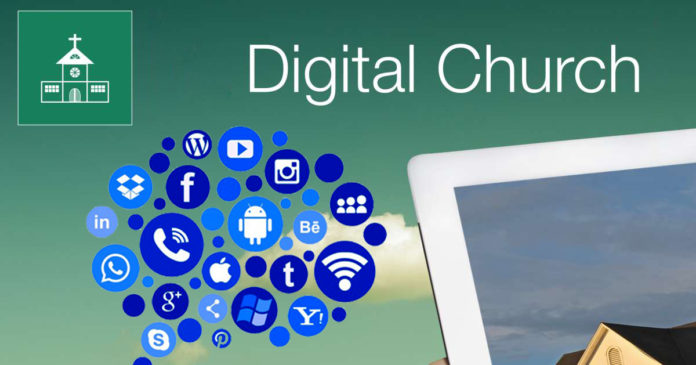We are living in a world where all of us are bombarded with tones of information. Sometimes it is very difficult for us to process the information that we receive, because of its quantity and pace. The technological advancements that we witness in everyday life are exponential. Science, media and technology have overturned the way humans lived in the past. Today we think differently, communicate differently experience and process information differently. Most of us have witnessed how science and technology have transformed the human lifestyle in the past couple of decades. The speed in which all the changes taking place is so fast that some are not able to keep up with it. We are not interacting with each other in the same way we used to interact ten years before. The way we get information and resources of knowledge is entirely different from that of the past times. Relationships are redefined in this new culture of digital revolution. The media’s portrayals are reshaping the public perception about religion, beliefs and secularism. We are very well networked in this digital world and in this digital culture. Still, we are not able to reach out to the people who are really needy and suffering.
As we know the culture of our time is digital and religious life must deal with this reality, to take advantage of the good it bears and to learn how to manage the risks and challenges that it poses. If we evaluate ourselves in the context of this digital culture, we will be able to find three groups of people. The first one is a group of people who are born before this period of exponential change and at the same time struggling to catch up with the changes in this world, especially the digital world. The second group may be the ones who are born more or less at the time of this great transition and who walk along with the changes. They are able to adapt to the changes and are able to learn about the technology and media. They are called digital immigrants. The third group are the ones who are born into this digital culture and who are good at the technology and media. They are called digital natives. We can find these groups in our Congregation as well.
There is no doubt that the great changes that we witness today are reshaping our religious life. We are being changed sometimes even without our conscious knowledge. The way we live our religious life, the way we express our faith, the way we engage in ministry, the way we interact with each other etc. are all changed in a couple of decades. The gap between generations is becoming wider. The distance between people who are technology friendly and those who are not are becoming bigger. In our verbal communication, the vocabulary and meaning of the words are different for the young people today, comparing to that of someone who is not in tune with this digital culture. These types of differences are sometimes evident in our religious life, for example, between formators and students. Very often young people are smarter than their parents and mentors, because of their skill to adapt to new technology. It is time for us to seriously think about this reality of digital culture and how we can be more effective in our life and mission.
In the opinion of Pope Francis, “the digital world can be an environment rich in humanity; a network not of wires but of people. The impartiality of media is merely an appearance; only those who go out of themselves in their communication can become a true point of reference for others. Personal engagement is the basis of the trustworthiness of a communicator. Christian witness, thanks to the internet, can thereby reach the peripheries of human existence.” (Pope Francis, WCD, 24 January 2014). Here Pope Francis hopes that with the help of the technology and communication we can reach the peripheries. It is the responsibility of the Church to reflect together how we can use the media to reach out to the most abandoned and poor. We the Redemptorists have a specific mission to reach out to the peripheries of the world. However, more than ever we need to think about it in a different way in the context of the technological developments and new means of communication.
Biju Madathikunnel, CSsR





